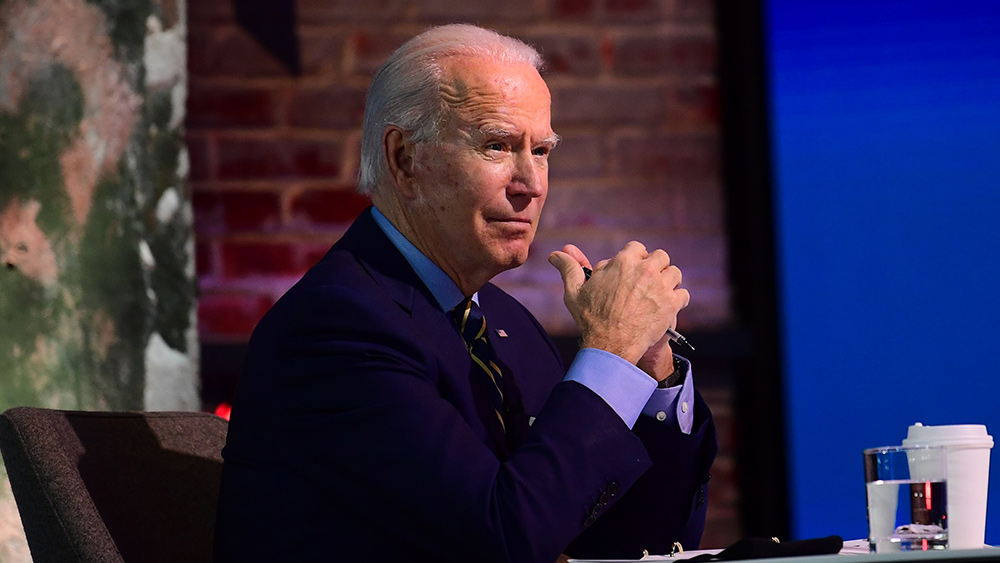Do This Before the U.S. Blacklists Your AmEx
by Nick Giambruno, Casey Research:
 There’s an important card missing from your wallet…
There’s an important card missing from your wallet…
Like many people around the world, you likely use a credit or debit card from Visa, Mastercard, or American Express.
These are private companies. But ultimately, they have to do what the U.S. government wants.
That means your ability to use these cards—or for your business to accept them—depends on the U.S. government’s blessing. If it wants to sanction or blacklist you, it can easily pressure Mastercard (or whomever) to cut you off.
This gives Uncle Sam tremendous leverage to pressure people and businesses alike. It’s a political weapon. And the U.S. is not shy about using it.
For example, the U.S. government stopped Visa and Mastercard from processing donations for WikiLeaks. (Julian Assange has described these companies as “instruments of U.S. foreign policy.”)
In 2014, the U.S. government blocked seven Russian banks from American payment processors to pressure Russia over its stance on Ukraine. If you were a customer at one of those banks, your debit/credit card was likely cut off without warning.
At the time, Visa and Mastercard processed about 90% of Russia’s payment transactions. Additional U.S. sanctions could have seriously disrupted the Russian economy.
Putin would not tolerate something like that. So Russia immediately switched much of its payment processing to China UnionPay.
You may be able to make a similar strategic move.
China’s Answer to Visa and Mastercard
No matter where you are in the world, it’s very difficult to do business without access to the U.S. financial system.
China UnionPay is part of Beijing’s answer to this problem.
It works just like Visa, Mastercard, or American Express, except it doesn’t depend on the U.S. government’s good graces. It can operate totally independently of the U.S. financial system.
China UnionPay is growing rapidly worldwide. Merchants and ATMs in over 140 countries accept it. It’s now one of the largest payment processors in the world.
Next time you go shopping or take cash out of an ATM, look for the little UnionPay symbol (pictured below). I bet you’ll notice it in more places than you’d expect.

China UnionPay also works in countries on Washington’s “naughty list” and places otherwise isolated from the U.S. financial system. For example, you could use your China UnionPay card in Cuba to buy stuff or withdraw cash from ATMs.
Of course, the Chinese government ultimately controls UnionPay. But a UnionPay card is a good way to diversify your political risk.
Think of political diversification like this…
You likely hold uncorrelated assets to reduce the overall risk to your investment portfolio. In the same sense, you can use “uncorrelated countries” to reduce your political risk, meaning the risk that governments pose to your personal and financial well-being.
The Chinese government presents its own set of problems. But China isn’t rolling over for the U.S. government anytime soon.
In other words, China is politically uncorrelated to the U.S. That’s exactly what you want.
How to Get Your UnionPay Card
Holding a UnionPay card gives you significant political diversification. And setting up a Hong Kong bank account is a good way to get one. However, it often requires an in-person visit.
Keep this in mind if you’re traveling to the region soon. It’s well worth a side trip or an extra day in Hong Kong.
If you can’t make it to Hong Kong, there may be other ways.
While the international diversification benefits won’t be as strong, you can open an account at a Chinese bank in the U.S. or Europe. Banks like China Merchants Bank, Industrial and Commercial Bank of China (ICBC), and Bank of China all have branches in major American and European cities.
You could visit one of these branches in person and ask if they offer any UnionPay products.



